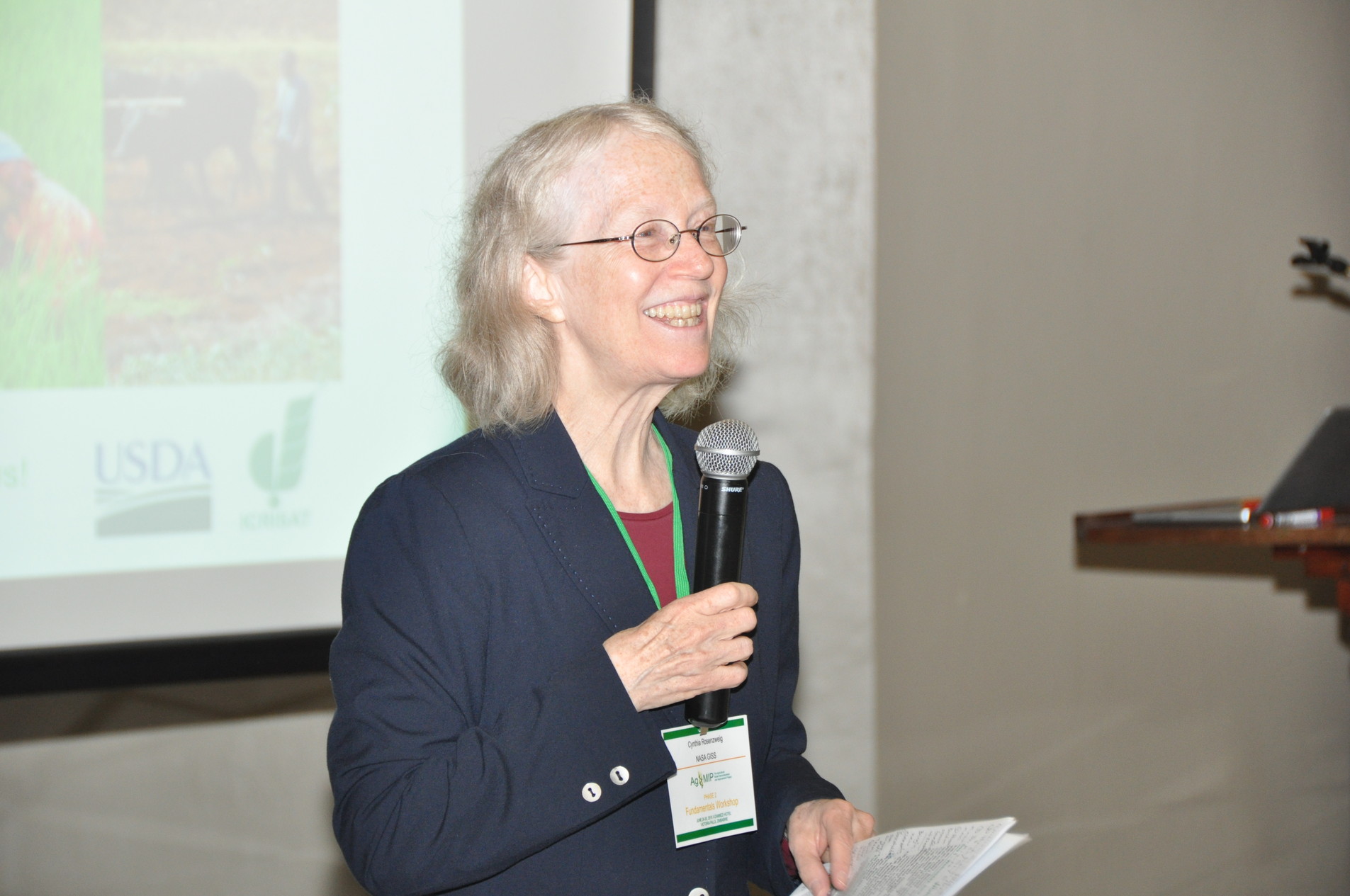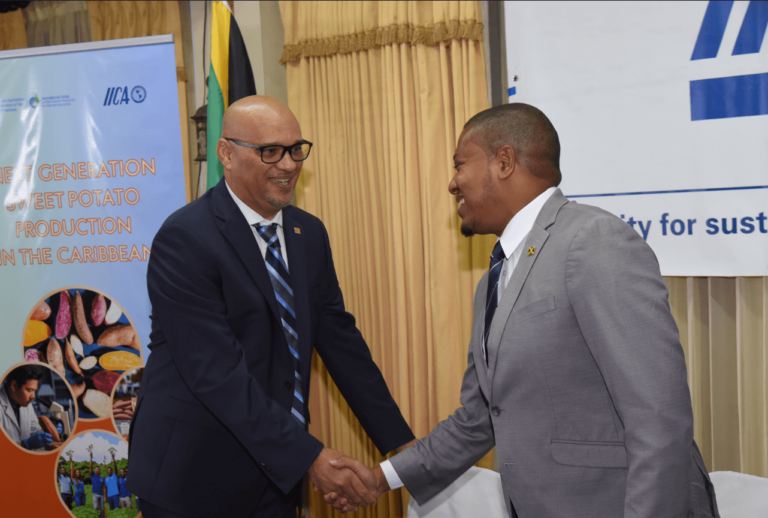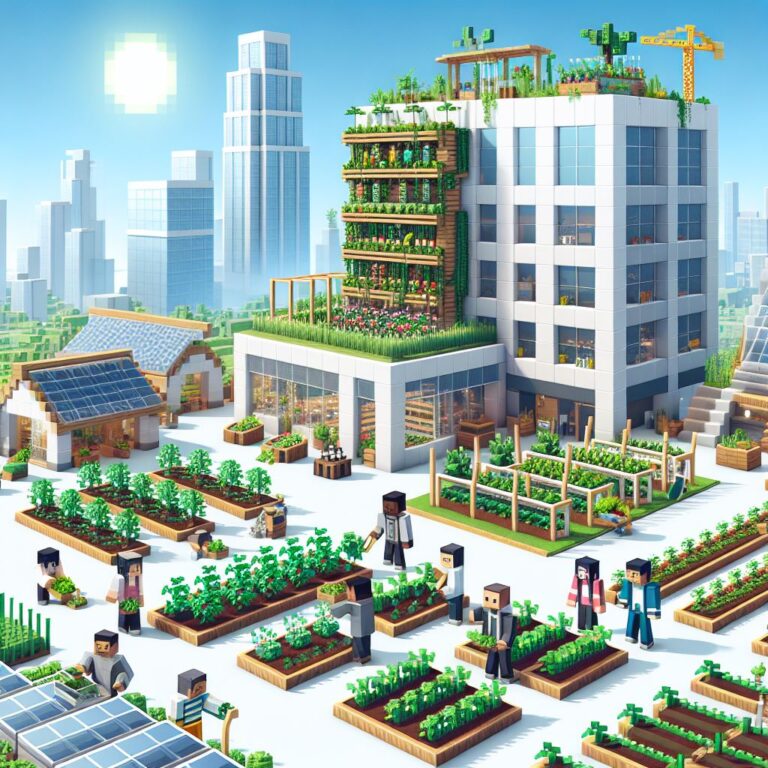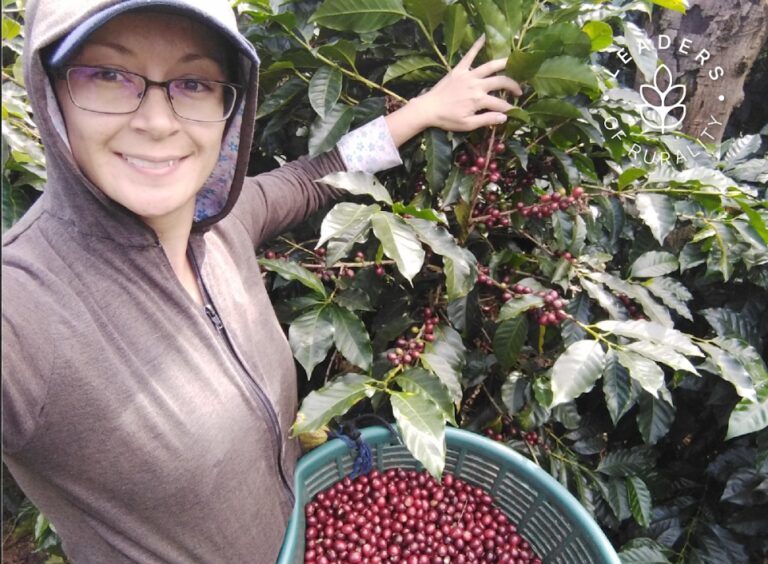U.S. climatologist, scientist and researcher, Cynthia Rosenzweig expressed her views in a meeting of Ministers and Secretaries of Agriculture of the Americas to discuss climate action initiatives for the transformation of the sector.

San Jose, 3 June 2022 (IICA) – Given its critical role and unique potential to spearhead actions to address global climate change challenges, the voice of the agriculture sector should resonate loudly and be given top billing at the Conference of the Parties (COP27) of the United Nations Framework Convention on Climate Change, scheduled to take place in Egypt in November.
Cynthia Rosenzweig, a climatologist from the United States and this year’s winner of the World Food Prize”, made this clear, in addressing the “Meeting of the Americas on Climate Change in Agriculture: On the Road to the 2022 Summit of the Americas and Beyond”, which was convened by the Inter-American Institute for Cooperation on Agriculture (IICA).
The meeting brought together some twenty ministers and secretaries of Agriculture of the Americas, for the purpose of discussing way to jointly address and identify appropriate mechanisms for action and opportunities to channel technical and financial resources to transform the agriculture sector in response to climate change.
Rosenzweig, a senior researcher and head of the Climate Impacts Group of NASA’s Goddard Institute for Space Studies, stressed that, “COP27 must place greater emphasis on the agriculture sector”.
The Adjunct Senior Research Scientist at the Climate School of New York’s Columbia University insisted that, “The entire world is talking about the urgency of acting to combat climate change and we don’t have all the time in the world to respond. We must embark on the decade of climate action now”.
Speaking as an agronomist and farmer whose professional life spans more than 40 years, she told the Hemisphere’s agriculture sector leaders that political will is critical in ensuring significant progress in climate action, more so given the current global situation, marked by the pandemic and the war in Eastern Europe.
“Not only is the conflict impacting agriculture and food security throughout the world, but we also need greater political will to help the agriculture sector. We must work together to transform the sector, so that it can respond to climate change challenges and safeguard the livelihoods of farmers and food security”, remarked Rosenzweig, who founded the Agricultural Model Intercomparison and Improvement Project (AgMIP) in 2010. AgMIP is a global network of researchers that uses climate and food system models to help improve forecasts on the future of agricultural and food systems.
Rosenzweig told the ministers that the region’s agriculture sector, which she described as innovative, has made significant strides in responding to climate challenges, among them the implementation of agricultural adaptation strategies.
For example, she cited measures such as soil and water conservation and management, crop diversification, climate-smart agriculture, early warning systems, increased crop rotation to prevent climate warming and pests, and improved pasture and cattle management.
The 2022 World Prize laureate agreed that, “Adaptation strategies are increasing and we need that, but we also need more”. She made it clear that the agriculture sector must redouble its efforts.
“We clearly need more technical know-how and this is where IICA has been a definite leader. We need improved governance and new strategies to tackle climate change. There are obstacles that we have still not been able to overcome. We need educational programs for farmers, adequate knowledge for adaptation and there are also financial limitations, which play a key role”, said Rosenzweig, backing up her arguments, using the latest report by the Intergovernmental Panel on Climate Change (IPCC), an organization of the United Nations.
During the meeting, the North American scientist also discussed the current and expected impact of climate change on food and agriculture, as well as the vulnerability of the Americas and of agrifood systems if climate inaction and global warming continue.
The expert warned that, “We can expect much more extreme climate changes and food security will be increasingly affected. The current and projected fallout in many regions is and will be significant: rainfall and extreme temperatures will intensify and the water supply or the distribution of water will decrease. This will affect agricultural production and the traditional fishing industry, which, in turn, will impact food security and rural livelihoods – of the farmers, especially small and medium-scale farmers, fisherfolk and indigenous people”.
More information:
Institutional Communication Division.
comunicacion.institucional@iica.int










